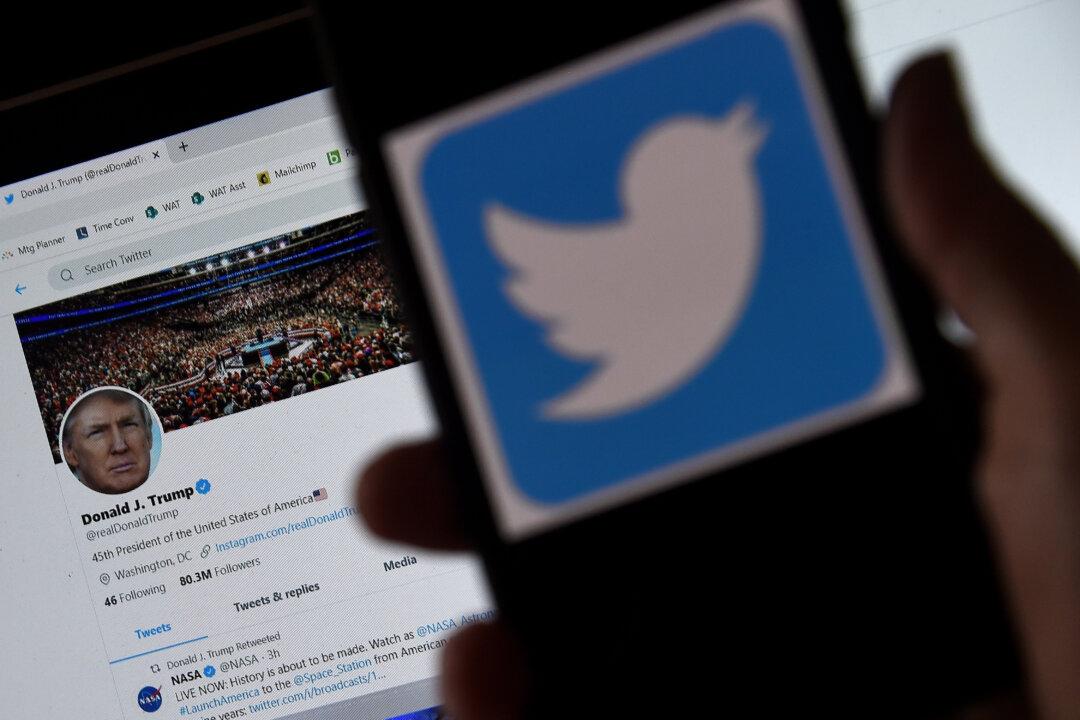The social media platform Twitter is imposing more rules on its users, announcing it will remove posts that contain information company employees believe is false or misleading.
“Starting next week, we will label or remove false or misleading information intended to undermine public confidence in an election or other civic process,” the company said in a blog post this week.





